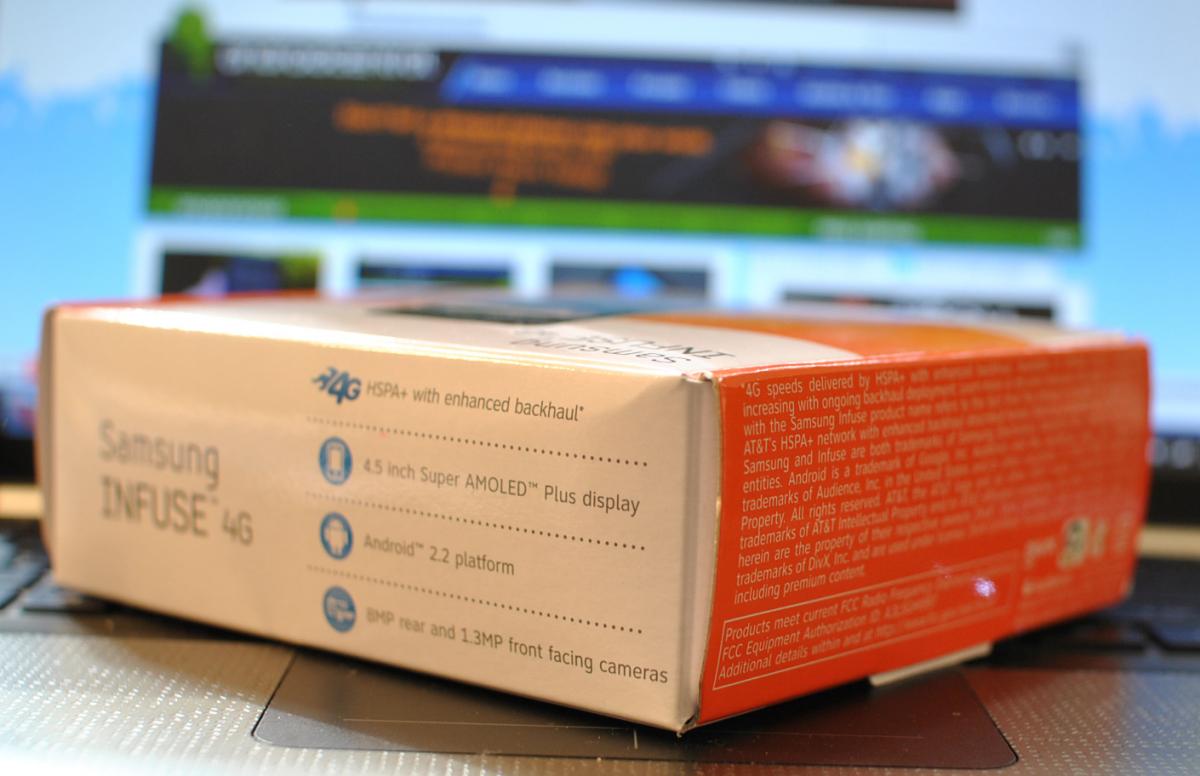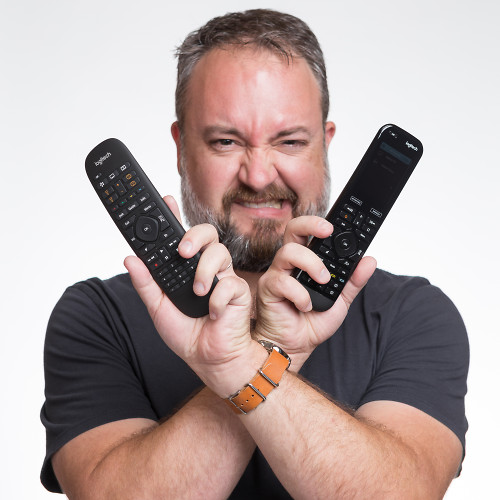Editorial: It's time to stop the 4G smoke in our eyes

You would think maybe AT&T might have learned something through osmosis, through the months and months and millions and millions of dollars of highly successful advertisements Apple has run promoting the iPhone. They've pulled at our heartstrings. They've played off our emotions. And they've been very, very good at it.
But that's Apple.
AT&T, meanwhile, has found itself on the wrong end of the 4G argument, and it's doing its damnedest to lose it.
We're not going to wade too deep into the whole "what is 4G?" thing. Because at this point, it can be whatever a carrier says it is. Sprint calls Wimax "4G." Verizon calls LTE "4G." T-Mobile calls HSPA+ "4G."
And AT&T defines its 4G as "HSPA+ with advanced backhaul*." Seriously, it says that right on the box of the new Samsung Infuse 4G, which will be released on May 15. And backhaul's even got top billing, listed above the massive "4.5-inch Super AMOLED Plus display" and the "Android 2.2 platform" and the "8MP rear and 1.3MP front facing cameras."
But you saw that asterisk, right? Turn the Infuse's retail box 90 degrees and you'll find the small print. And it reads thusly:
* 4G speeds delivered by HSPA+ with enhanced backhaul. Available in limited areas. Availability increasing with ongoing backhaul delopyment. Learn more at att.com/network. 4G used in connection with the Samsung Infuse product name refers to the fact that the infuse is capable of operating on AT&T's HSPA+ network with enhanced backhaul described herein.
I'm less concerned with AT&T marketing a phone on its potential to do something. That's not to say I'm overly thrilled about it -- it's specious at best. But AT&T (and to a lesser extent, T-Mobile) are in a 3G/4G transition period, and I can remember buying 3G-capable phones long before I ever actually had 3G service where I live. For the sake of argument here, we'll pretend that AT&T's definition of "4G" is legit.
Be an expert in 5 minutes
Get the latest news from Android Central, your trusted companion in the world of Android
But the idea that you can actually market a phone as "4G HSPA+ with enhanced backhaul" is ridiculous. Having to qualify the 4G spec like that is bad enough. But a paragraph of small print that makes it OK for AT&T to pimp "4G HSPA+ with enhanced backhaul" on the box in the first place is just asinine.
The mobile space is innovating so quickly and growing so fast, the carriers and manufacturers should be going out of their way to make things more simple. The word "backhaul" should never be placed in front of a paying customer. "HSPA+" should never have to be seen by someone who doesn't either write about or sell smartphones for a living. (Or by those who obsessively check Android Central while they should be working. You know who you are. We love you.)
Normal customers -- I lovingly call non-smartphone nerds "civilians" -- don't care whether a phone has an AMOLED screen or a Super AMOLED screen or a Super AMOLED Plus screen or a TFT LCD screen or an SLCD screen or a nova display or a retina display. They care about apps. They care about browsing. And taking pictures. And e-mail. And Facebook. And Angry Birds. Not display type, and certainly not backhaul.
It's gotten to be a bit like that scene in "The Right Stuff" where the early test pilots would one-up each other over and over again, breaking each other's speed records by a few miles per hour, because that's what they did. And now Android's manufacturers and carriers have found themselves in a similar smartphone spec space race, aiming to go just a little higher and a litter faster than the last guy, all while forgetting that there are passengers in the back who just want to go from Point A to Point B in relative style and comfort, and with a fair amount of speed.
Specs are good. Increments are important. But they also should be invisible, and the platform sold as a whole product. Because while some are cheering the difference between AMOLED, Super AMOLED, Super AMOLED Plus, HSPA, HSPA+, climbing slightly higher with each iteration, Apple's been circling the globe, millions of passengers in tow, its eyes locked firmly on the horizon (if not beyond).
Customers are being bombarded with specs that they should never have to worry about -- ever. In the case of the Infuse 4G, which in our initial use is a pretty darn good phone, it's a smokescreen to cover the larger issue -- that nobody knows what the hell "4G" really means. And as long as there's no real standard, carriers at the back of the race, like AT&T, are content -- and allowed -- to blow smoke in our eyes while they continue to promise that there one day will be a hot enough fire to back it up.

